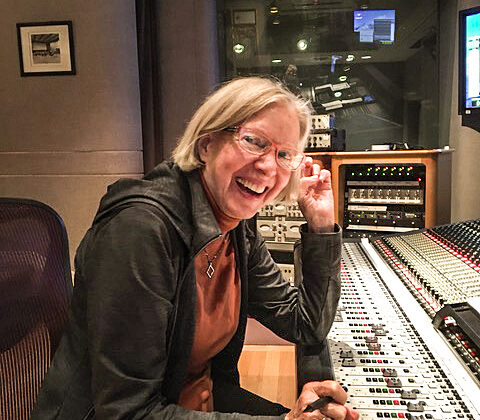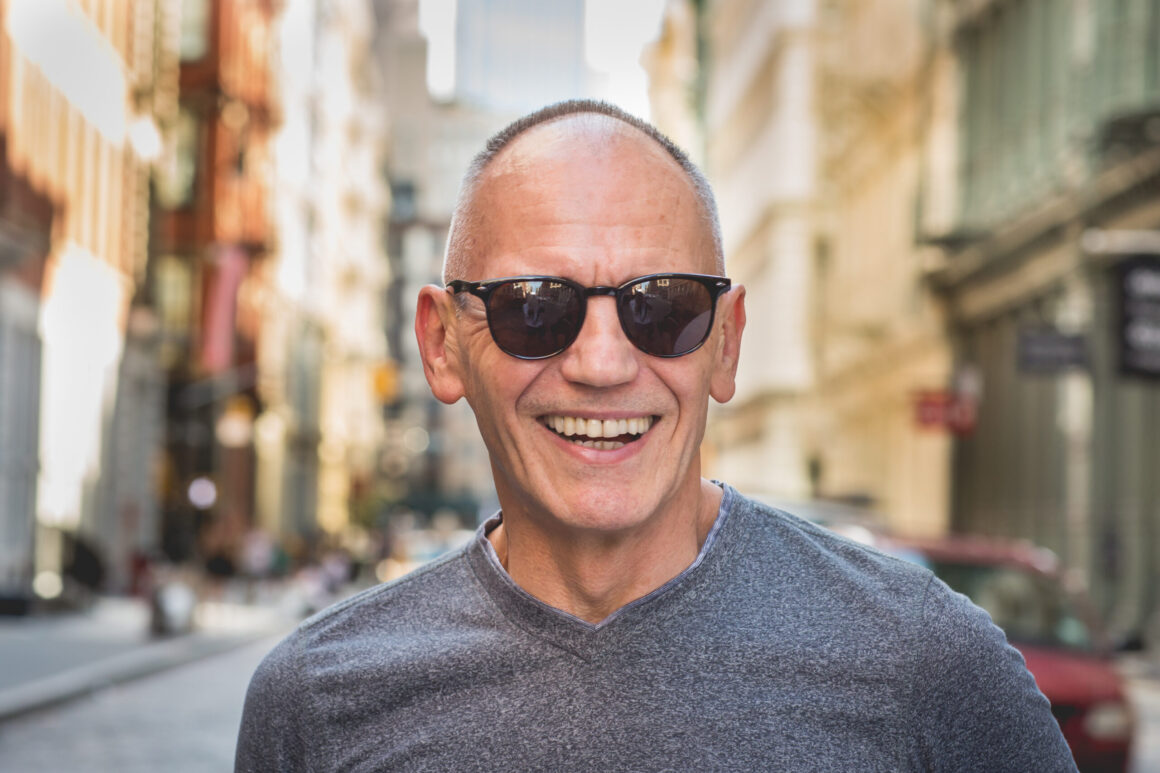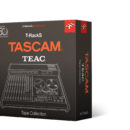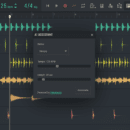Judith Sherman started down the classical music engineering and production path in 1971 and earned her master’s degree in music a short time later. Studio work in various New York City spaces followed as did time in radio. She’s been nominated for a staggering 18 Grammy Awards and has won 15, including seven for Producer Of The Year, Classical. In 1976 she launched Judith Sherman Productions and has worked ever since as a freelance recording engineer and producer, primarily on solo and chamber music records.
“Basically, I’m looking for magic,” she observes of her goals for each project. “Whether a musician has recorded before and whether they’re good at carrying their audience in their head don’t correlate. Recently I worked with Kwan Yi, a pianist from North Carolina. It was his first solo recording and it was like he’d been doing it all his life. He had an audience in his head and he was speaking to it; he was being inventive and witty. There are musicians who’ve recorded regularly and sometimes I have to shake them and say ‘Hey, you can be perfect, but I’d rather you be inventive and use your imagination.’ Fortunately, that’s a skill that can be developed once you learn to trust yourself and the people in the booth.”
For nearly two decades, Sherman engineered The Marlboro Music Festival, an annual classical music training retreat. Early in her career she also had a radio gig. She drew valuable lessons from both experiences. “At WBAI, we did two live concerts a week,” she recalls. “That sharpened my skills as an engineer because any mistakes went live on the air. I learned the difference between microphone, amplifier and tape distortion. At Marlboro, there was always someone rehearsing, so I could try all sorts of mic setups.
“The idea was to use as few as I could get away with,” she continues. “Every time you add a mic, you add some phase problems. The more you put out there, the more you have to put out there because then you have to start close-micing. I want the audio to sound the same as it does in the hall and to have a sound that feels alive and not manufactured, which is the aesthetic of classical music. The creativity in producing classical is slightly different than it is with pop. It comes from pulling out the best performance [from the musicians] and making the music speak. Beethoven and Schumann communicate without words. My job is to make sure that the communication is happening.”
With more than 50 years in the business, Sherman has experimented with a range of microphones. Naturally, she’s developed some preferences. “I have two favorites,” she explains. “One is Schoeps. They come with different capsules. I have the MK 2s, which are flat. The second is Sonodore. Few people know about them. They’re handmade by Rens Heijnis in the Netherlands, are powered by one of his power supplies or preamps and are very transparent. What you give them is what they give you. They don’t color the sound. Lastly, when I put a pair of Earthworks mics above percussion instruments, they’re good at keeping attack straight up and down.”
Contact [email protected]












